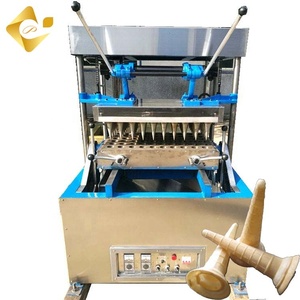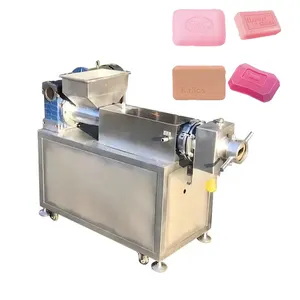Popular in your industry



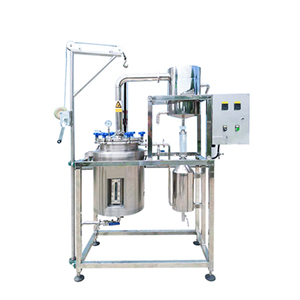

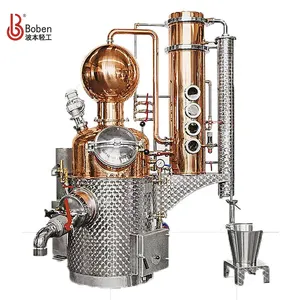








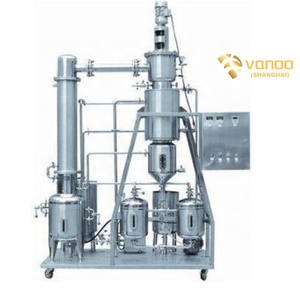
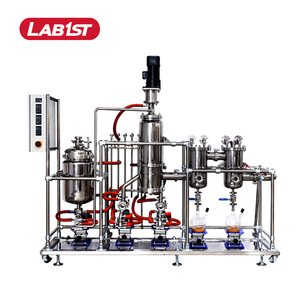
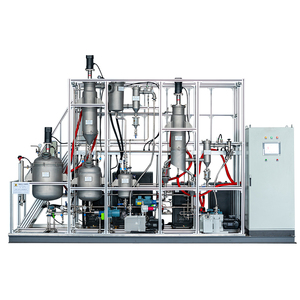
Top categories
About molecular distillation
Introduction to Molecular Distillation
Molecular distillation is a cutting-edge separation process that operates at a molecular level to achieve high-purity distillate products. This technology is ideal for separating heat-sensitive compounds with varying boiling points. Through the use of high vacuum pressure, short residence time, and high evaporation rates, molecular distillation ensures minimal thermal decomposition of the products, making it a preferred method in industries such as pharmaceuticals, food, and essential oils.
Centrifugal Molecular Distillation
Centrifugal molecular distillation is a specialized form of molecular distillation that utilizes centrifugal force to enhance the separation process. By spinning the mixture at high speeds, this method increases the surface area for evaporation, leading to improved efficiency and higher purity levels in the distillate. The centrifugal molecular still is equipped with a unique rotating mechanism that enables precise control over the distillation parameters, making it suitable for high-performance applications requiring superior separation results.
Technical Specifications of Molecular Distillation Equipment
When considering molecular distillation equipment, it's essential to focus on key technical specifications to ensure optimal performance. These may include parameters such as evaporation surface area, operating pressure, feed rate, distillate rate, and temperature control capabilities. High-quality molecular stills often feature robust construction materials, such as stainless steel, to withstand corrosive substances and maintain product purity. Additionally, advanced safety features and automation options enhance operational efficiency and user safety.
Advantages of Molecular Distillation
The advantages of molecular distillation are manifold, making it a preferred choice for industries requiring precise separation processes. One of the primary benefits is the ability to distill high-boiling point compounds at low temperatures, preserving the integrity of sensitive products. Moreover, molecular distillation offers high separation efficiency, minimal solvent waste, and the capability to handle complex mixtures with ease. The distillation process is also scalable, allowing for both small-scale laboratory applications and large-scale industrial production.
Applications of Molecular Distillation
Molecular distillation finds extensive applications across various industries due to its versatility and efficiency in separation processes. In the pharmaceutical sector, it is used for purifying active pharmaceutical ingredients (APIs) and isolating cannabinoids for medicinal purposes. In the food and beverage industry, molecular distillation is employed for concentrating flavors, removing contaminants, and producing high-quality edible oils. Additionally, the technology is utilized in the production of essential oils, nutraceuticals, and specialty chemicals.
Choosing the Right Molecular Distillation System
When selecting a molecular distillation system for your specific application, several factors need to be considered to ensure optimal performance. Evaluate the scalability of the system to accommodate your production requirements, the compatibility with your target compounds, and the level of automation for operational convenience. It is crucial to assess the technical support and after-sales services provided by the equipment supplier to address any maintenance or troubleshooting needs promptly.
Optimizing Maintenance for Molecular Distillation Equipment
Maintaining your molecular distillation equipment is essential to prolong its lifespan and ensure consistent performance. Regularly inspecting and cleaning the components, such as the evaporator, condenser, and vacuum system, helps prevent contamination and optimize distillation efficiency. Calibration of temperature and pressure sensors, as well as lubrication of moving parts, should be conducted according to the manufacturer's guidelines. By following a proactive maintenance schedule, you can minimize downtime and maximize the productivity of your molecular distillation system.
